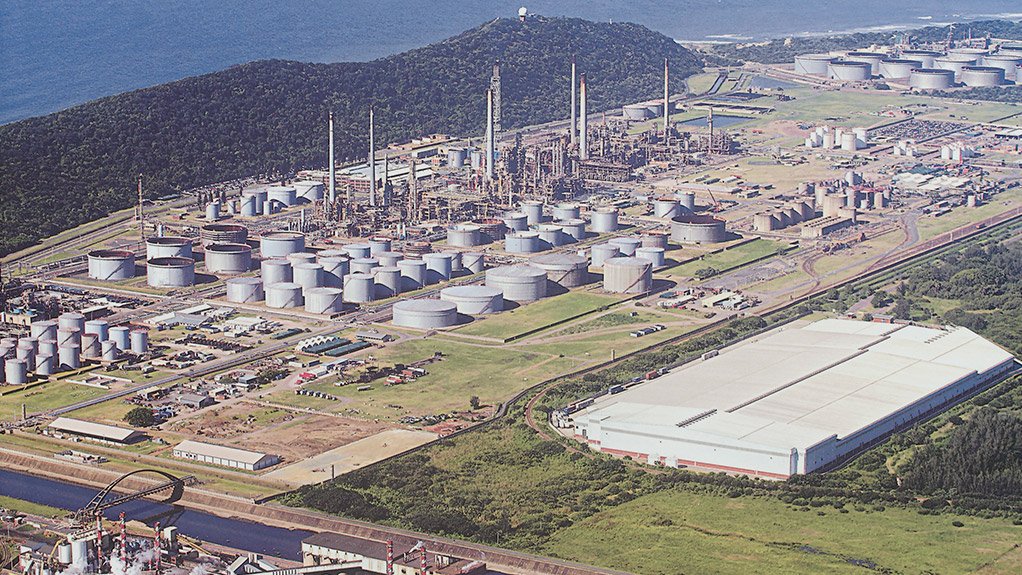

Sapref to halt operations by end-March
Shell and BP South African Petroleum Refineries (Sapref) announced on February 10 that it would freeze spending and pause refinery operations by the end of March.
Established in 1963, Sapref is the largest crude oil refinery in South Africa, providing 35% of the country’s refining capacity.
The decision to pause operations and freeze spending, made by joint venture (JV) co-owners BP Southern Africa and Shell Downstream South Africa, followed consultations with government, unions and employees.
In a joint statement, Shell and BP said the halt would be for an indefinite period but that a restart might be possible in the future, including in the event of any future sale.
“The decision has been taken to allow an informed finalisation on the various options available to the shareholders, a sale option being the most preferred,” the statement said.
Until decisions about the future of the Sapref plant have been made – including a possible change of ownership – Shell and BP said they would not be able to commit to further investment in the refinery.
They said the decision to pause refinery operations would have no impact on full-time employees and that safety remained a primary consideration.
Moving forward, the two shareholders would use other existing assets and trading arrangements to ensure ongoing security of fuel supply to South Africa and to consumers.
“Over the many decades since its establishment, Sapref has made immense economic contributions at both a local and national scale.
"For this reason, we continue to pursue the sale of our share in the refinery so that it can continue to advance its legacy as a reliable, safe and productive asset,” BP Southern Africa CEO Taelo Mojapelo said.
She added that the owners had put contingencies in place to ensure the shutdown of the refinery did not impact customer-facing businesses in South Africa or fuel supply obligations.
“We remain committed to South Africa through our demonstrated transformation initiatives in the value chain and continue to work with our strategic partners to strengthen our differentiated convenience offers,” she said.
Meanwhile, Shell Downstream South Africa country chair Hloniphizwe Mtolo said the decision to pause the refinery was a “difficult” one for both shareholders.
“Shell remains committed to security of supply to our customers over this production pause. South Africa continues to be a key location for Shell as we progress our growth agenda as an energy provider,” he said.
South Africa's oldest crude oil refinery Engen is, meanwhile, set to be converted into a terminal for importing cleaner fuels in 2023.
The country's refineries require billions of rands of investment to upgrade to enable them to produce cleaner fuels.




